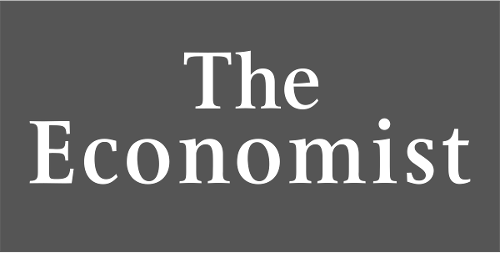Foundation of a Trust in Liechtenstein
Legal Structure
A Trust in Liechtenstein, which descends from Trusts in the Anglo-Saxon legal tradition, is not a legal entity. Its legal nature is instead contractual. The settlor of a Trust transfers moveable or immoveable property or a legal right to thetTrustees. The trustees of a Trust in Liechtenstein, who upon the said transfer become the legal owners of the trust property, are obligated to hold and use the Trust property for the benefit of the beneficiary (or beneficiaries) of the Trust.
A Trust in Liechtenstein may be formed for commercial or non-commercial purposes insofar as the said purposes are not illegal or immoral.
Like a Trust in Liechtenstein, a Liechtenstein Trust Enterprise (Trust reg.) is suitable both for the long-term security of assets or family assets and for estate planning, especially from the perspective of the individual structuring options.
Please contact us for a non-binding enquiry by phone or e-mail or use the contact form at the bottom of this page.
Foundation
A Trust in Liechtenstein is formed through a written agreement (trust deed) between the settlor of a Trust and its trustees or through a unilateral trust declaration and its acceptance. The relationship between the settlor, the trustees and the beneficiary (or beneficiaries) of a Trust in Liechtenstein is regulated by the trust deed. The trust deed of a Trust in Liechtenstein may in particular contain provisions which safeguard the rights of the beneficiary (or beneficiaries).
A Trust in Liechtenstein must either be registered in the Commercial Register, which is a public register, or lodged with the District Court. Notwithstanding this, a Trust in Liechtenstein officially comes into existence upon the signing of the trust deed.
Minimum Trust Property
No minimum requirement of trust property exists for the formation of a Trust in Liechtenstein.
Organisation
The Settlor
The settlor of a Trust in Liechtenstein is the founder of the Trust and it is he who provides the trust property. As is the case with an English law Trust, following its formation, the settlor of a Trust in Liechtenstein enjoys no rights as to the administration or control of the Trust. Accordingly, the settlor of a Trust in Liechtenstein may only exercise those rights which are expressly stated in the trust deed.
The Trustees
The administration of a Trust in Liechtenstein obligates the trustees to give a comprehensive account of their work as trustees. Therein, it is required that the trust property be held by the trustees in separation from their personal assets. Where the trust property of a Trust in Liechtenstein perishes or where the trust property is lost by the Trustees, the beneficiary (or beneficiaries) may demand under certain conditions that the trust property which has been lost be replaced by an equivalent amount of assets.
Appointment of an Auditor
Auditors may be appointed by a Trust in Liechtenstein to ensure that the obligations set out in its Trust deed are complied with.
Beneficiary (or Beneficiaries)
The settlor of a Trust in Liechtenstein designates the beneficiary (or beneficiaries) of the Trust. The beneficiary (or beneficiaries) may be the settlor himself or any other natural or legal entity. The admission of a beneficiary (or beneficiaries) of a Trust in Liechtenstein may take place at a mutually agreed time as may a restriction of the rights of the beneficiary (or beneficiaries). The beneficiary (or beneficiaries) of a Trust in Liechtenstein exercises only a passive role in the management of the Trust.
Liquidation
The liquidation of a Trust in Liechtenstein may take place at any time. There exists no specified time limit which must be adhered to.
Tax Structure of a Trust in Liechtenstein
A Trust in Liechtenstein is required to pay annually the minimum income tax of 1,200 Swiss Francs.






